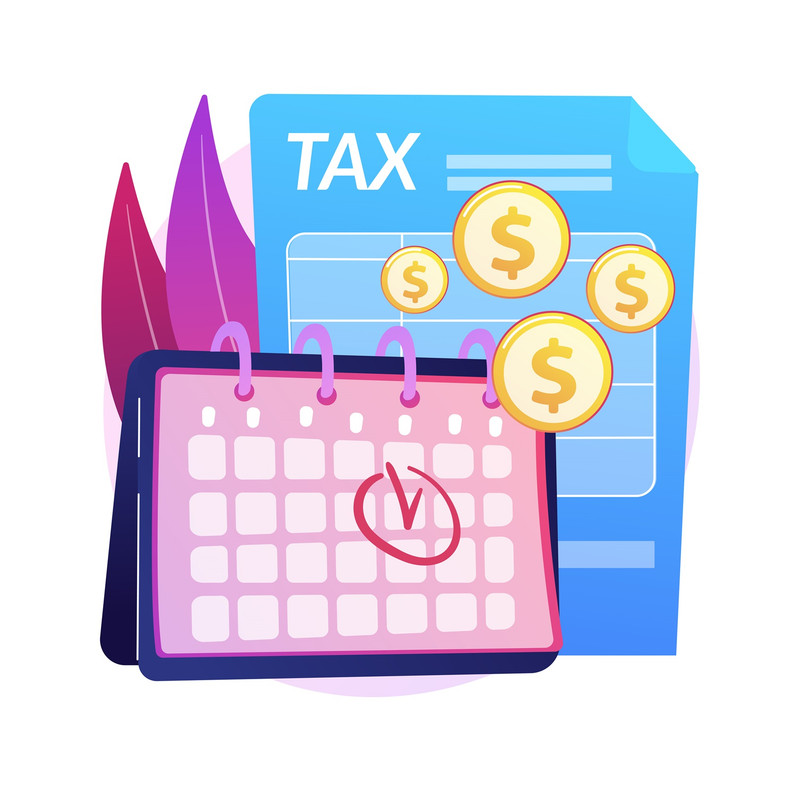Greetings, financial trailblazers! Today, I'm thrilled to embark on a journey that could revolutionize your approach to taxes. In a recent eye-opening video, I delved into the wonders of Puerto Rican tax laws and how they hold the key to significantly reducing your tax burden legally.
So, buckle up and get ready for a deep dive into Act 60 be your ticket to a tax haven? These are the questions we're about to answer as we uncover the intricacies of Puerto Rican tax laws. As you navigate this tax-saving landscape, envision the possibilities of transforming your financial future and gaining insights that could reshape your approach to wealth management.
Stay tuned as we unravel the mysteries of The Puerto Rican Tax Code Unveiled
Get ready for a deep dive into the financial haven of Puerto Rico as we unravel the intricate details of its tax code. What makes Puerto Rico a magnet for those seeking to minimize their tax liabilities legally? Let's explore the nuances that have positioned Puerto Rico as a beacon for savvy individuals aiming to optimize their financial strategies. Now, let's turn our attention to the crown jewel of Puerto Rican tax advantages – Act 60. This legislation holds the key to a legal conduit that allows Americans to dramatically reduce their tax rates by becoming residents of Puerto Rico. It's not just a loophole; it's a strategic move that has captivated the attention of individuals looking to navigate the complex landscape of U.S. tax laws. Imagine the legal magic of Act 60 becomes your financial ally, enabling you to legally minimize your tax obligations. We'll share real-life examples that highlight the impact of Act 60, providing insights into how becoming a resident of Puerto Rico can redefine your tax landscape and open doors to unprecedented financial opportunities. Join me on this journey as we demystify the Puerto Rican tax code and unlock the secrets of
Act 60: Your Ticket to a 4% Federal Tax Rate
Capital Gains Nirvana: Zero Taxes on Investments
Qualifications and Considerations: Making the Move to Puerto Rico
Potential Drawbacks: Impact on Locals and Infrastructure Concerns
Staying Put: Alternatives for Tax Burden Reduction
The Puerto Rican Tax Code Unveiled
The Legal Magic of Act 60

